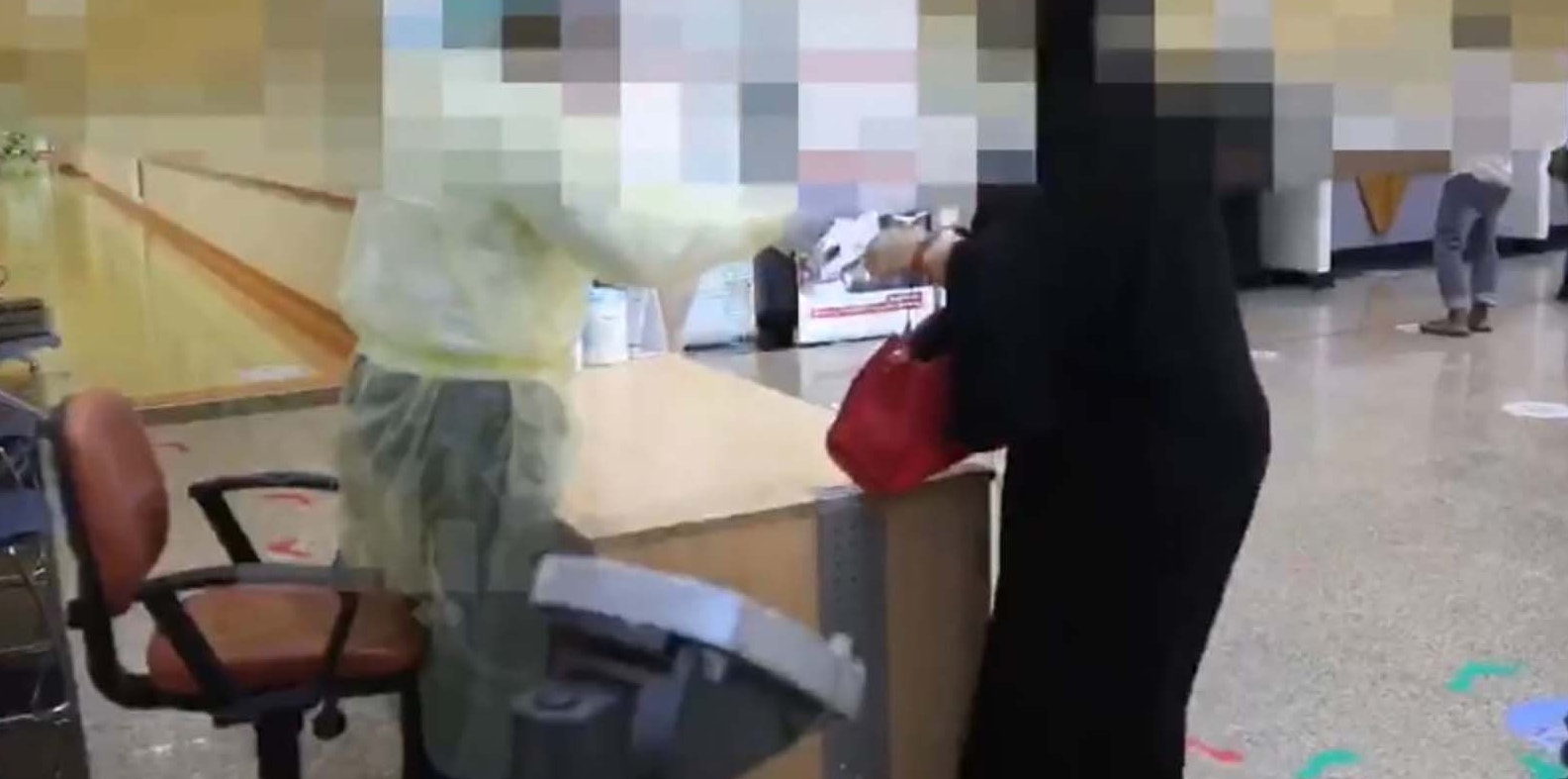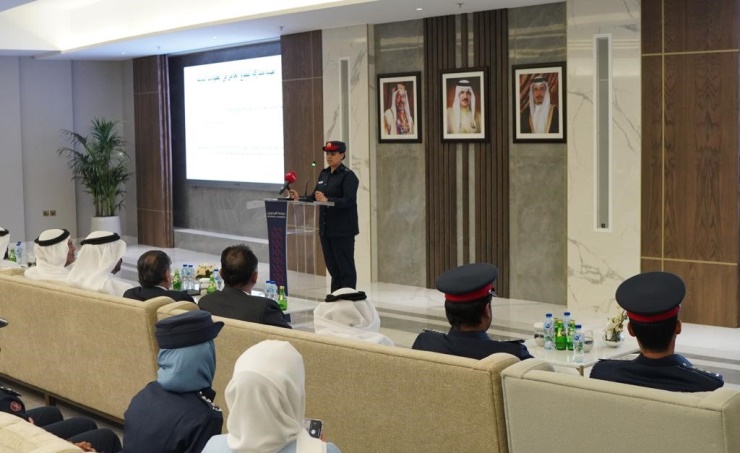Bahrain joins forces with private companies to provide jobs to convicts
TDT | Manama
The Daily Tribune – www.newsofbahrain.com
Bahrain - one of the first countries to implement the alternative penalties made yet another pioneering move yesterday by joining forces with private sector companies to provide convicted people training and jobs.
The new addition to the programme, already praised by experts as “much more beneficial to society” in lowering reoffending rates, would further strengthen the process of integrating offenders into society and utilising their skills in nation-building.
According to Shaikh Khalid bin Rashid Al Khalifa, the Director General of Execution of Alternative Sentences and Punishments, the programme benefitted 4,000 until its inception. Samir Abdullah Nass, the President of the Bahrain Chamber of Commerce and Industry, confirmed the path-breaking move saying that 70 Bahrainis companies are ready to accept those who received alternative penalties.
Nass confirmed this during an introductory meeting with the private sector companies yesterday at the Bahrain Chamber of Industry and Commerce. He said a joint working group has started developing a mechanism for implementing the project with private sector companies.
The National Institution for Human Rights, the Ministry of Interior, Bahrain Chamber (BCCI), and Bahrain Development Society of Small and Medium Enterprises are supporting the mission. The new decision gains importance considering that 37,000 registered companies are operating in the Kingdom, according to Labour Fund Tamkeen.
“This means that the private sector is ready to absorb any number of people approved by the concerned authorities,” Nass said, adding that the private sector, over the years, had backed positive community initiatives.
New move to benefit 200 a year in first phase
The head of the National Institution for Human Rights, Ali Al-Darazi, said the move creates a 'special system' for the employment of beneficiaries of alternative penalties. Ali Ahmed Al-Dirazi is the Chairman of the National Institution for Human Rights and Head of the Joint Working Group.
The initiative, he said, in the first phase, will benefit annually 200 people who had received alternative penalties." "We will review and evaluate the progress later to include more people in the coming years."
"Involving the private sector in the programme will help create job opportunities, enrolment in entrepreneurship programmes, rehabilitation and training for convicts," said Al Derazi He also confirmed that those who received alternative punishments will benefit from Tamkeen's support and various employment programmes, which recognise wage subsidies of up to 70%."
Such people will also be enrolled in the National Employment Programme to enable them to return to their lives and society. Alternative penalties offer community service and home detention instead of jail terms.
BDSME President Ahmed Sabah Al Salloum said the alternative sanctions law strengthened the position of Bahrain internationally, as it is one of the first countries in the Arab world in applying it. “The law gives the convicts a new chance in life and makes them eligible for reintegration into society,” he said.
“The law gives the convicts a new chance in life makes them eligible for reintegration into society,” he said. Al Salloum further highlighted the decision of the Minister of Justice, Islamic Affairs and Endowments to add the “Business Entrepreneurship” programme, which is supervised by the BDSME to the rehabilitation and training programmes.
25 beneficiaries
He said that this new initiative allows 25 beneficiaries to be trained in the entrepreneurship programme for six months, which makes the convicts eligible to open a commercial registry.
The beneficiaries can build their startup in the BDSME’s business incubators. “We will provide 50 training opportunities annually to find a good opportunity, a new life and a promising future by rehabilitating them,” he said.
Law 18/ 2017
Bahrain was the first among its GCC countries to issue and implement such a law enabling the family and civil society to play a role in reforming convicts.
Community service, home detention, exclusion orders, non-contact orders, electronic tagging, rehabilitation programmes or compensation are part of the programme.
Law 18/ 2017 on Alternative Penalties and Measures represents a qualitative shift in the science of punishment.
Related Posts



